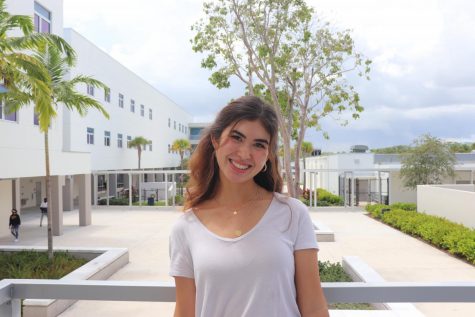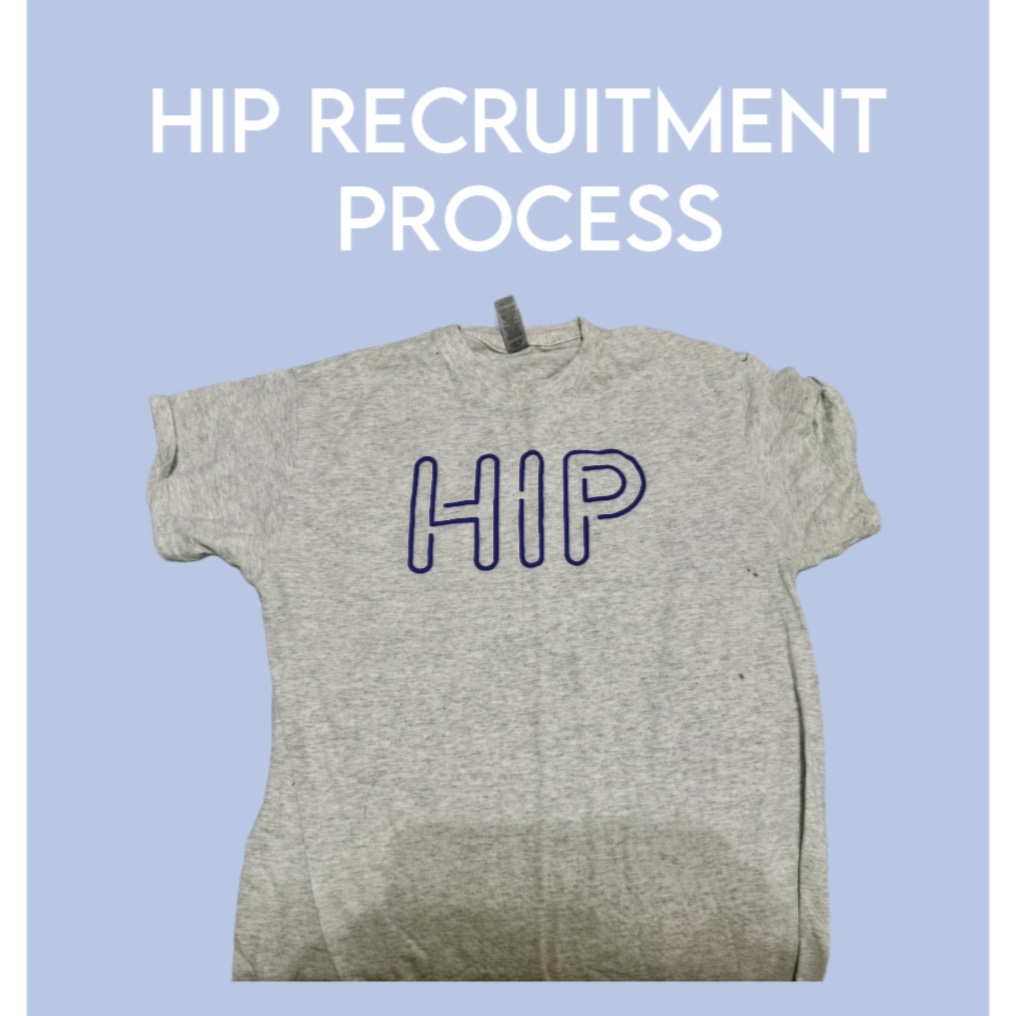Recap of the Oct. 22 Presidential Debate
October 24, 2020
On Thursday, Oct. 22, Democratic presidential candidate and former Vice President Joe Biden faced off against Republican presidential candidate and sitting President Donald Trump in the second and final presidential debate of 2020.
At Belmont University in Nashville, Tennessee, moderator Kristen Welker questioned each candidate in fifteen-minute segments about six major topics: the fight against COVID-19, national security, the economy, immigration, race in America and climate change.
Unlike the first presidential debate, the production crew muted one candidate’s microphone during the other’s opening two-minute speech to minimize the interruptions that plagued the first debate; however, after the two-minute speech, both microphones remained unmuted.
During the debate, the candidates reaffirmed they have drastically different viewpoints on nearly every key issue.
On the topic of COVID-19, Trump and Biden continued to disagree on Trump’s handling of the virus. Trump reiterated prior claims that he has dealt with the virus successfully, while Biden argued the opposite. Trump added that he predicts the virus “is going away” and “[Americans] are learning to live with it,” while Biden responded, “People are learning to die with it,” and said that if elected president, he would encourage mask-wearing, increase rapid testing and provide funding for schools and businesses to reopen safely.
From there, the debate segued into national security, with Welker opening the topic of discussion by asking how each candidate would end foreign interference in American elections — especially pertinent given the recent news that both Russia and Iran have meddled in this year’s election. Biden said that if elected president, he would make sure Russia and Iran faced consequences for their interference. When posed the same question,Trump turned to personal attacks, claiming that Biden and his family — primarily Biden’s son, Hunter Biden — received $3.5 million from Russia. Biden vehemently denied the accusations and pivoted to Trump’s missing tax returns, to which Trump responded that he pre-paid them.
When it came to the economy, Biden and Trump focused on healthcare and their different approaches. Trump said that through the legislature, he ended the individual mandate aspect of Obamacare and called Biden’s ideas — which include an optional public health insurance program — socialized medicine. Biden rejected this idea and told Trump to remember who he was running against. They also discussed the minimum wage, with Biden saying he was supportive of raising the minimum wage to $15 an hour and Trump wanting to leave the decision up to the states because it could potentially hurt small businesses.
In terms of immigration and race in America, Welker again opened with a pertinent question, asking how the U.S. plans to reunite the over 500 missing children at the border with their parents. Trump said he was trying very hard, but they came over “with the cartels and the coyotes and through gangs.” Biden, on the other hand, called the separation “criminal.” When it came to the topic of race relations and the Black Lives Matter movement, Trump argued he was the “least racist person in the room” and had done the most for Black people since Abraham Lincoln, and repeatedly brought up Biden’s support of the Violent Crime Control and Law Enforcement Act of 1994. Biden responded that during his term as Vice President with President Barack Obama, they released nearly 40,000 prisoners from jail.
Finally, the candidates ended by debating climate change, with Biden describing it as “an existential threat to humanity” and vowing to switch from reliance on oil to renewable energy, while Trump defended his decision to pull the U.S. out of the Paris Climate Agreement.
With Biden and Trump interrupting each other significantly less, speaking more civilly and not making any serious gaffes, it is difficult to determine the winner of this debate.









